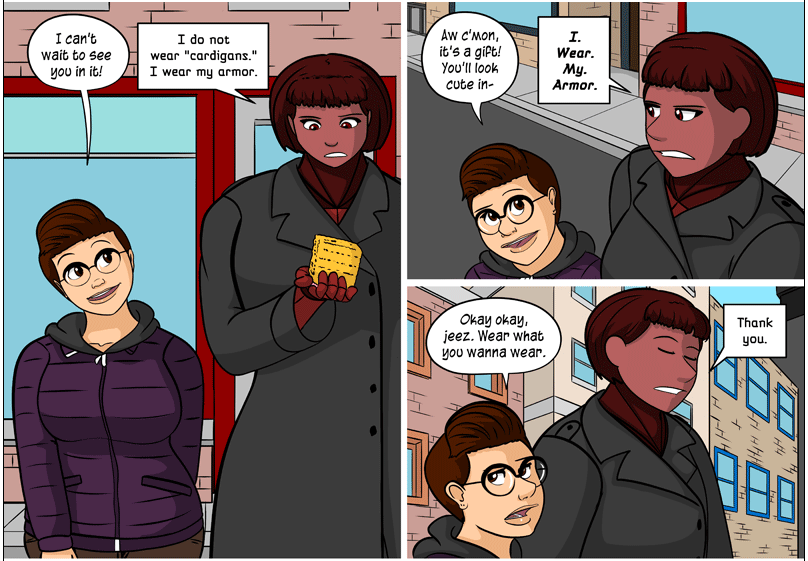St. Patrick's Day was last Thursday, but this afternoon I saw someone wandering around in a sparkly green top hat. In that spirit, I offer a post about perhaps-fictional attitudes towards a variety of Scottish Gaelic.
The content comes from Ken MacLeod's novella The Human Front, which the publisher's blurb calls "a comedic and biting commentary on capitalism and an exploration of technological singularity in a posthuman civilization". We learn that "the story follows John Matheson, an idealistic teenage Scottish guerilla warrior who must change his tactics and alliances with the arrival of an alien species". The protagonist tells us that
My mother, Morag, was a Glaswegian of Highland extraction, who had met and married my father after the end of the Second World War and before the beginning of the Third. She, somewhat contrarily, taught herself the Gaelic and used it in all her dealings with the locals, though they always thought her dialect and her accent stuck-up and affected. The thought of her speaking a pure and correct Gaelic in a Glasgow accent is amusing; her neighbours' attitude towards her well-meant efforts less so, being an example of the the characteristic Highland inferiority complex so often mistaken for class or national consciousness. The Lewis accent itself is one of the ugliest under heaven, a perpetual weary resentful whine — the Scottish equivalent of Cockney — and the dialect thickly corrupted with English words Gaelicized by the simple expedient of mispronouncing them in the aforementioned accent.
Read the rest of this entry »




